When it comes to finding the perfect pair of bottoms, whether you're interested in jeans, trousers, or skirts, selecting the right brand can make a significant difference in terms of comfort and style. With a variety of brands available on the market, each offers unique fits, materials, and designs that cater to different preferences and body types. In this article, we will explore some of the top brands renowned for their high-quality bottoms, offering options that range from casual to chic. Join us below as we unveil the best brands that could transform your wardrobe essentials.

Illustration of bottoms
Best brands of bottoms in 2025
Levi's
Levi's is a leading producer of bottoms, particularly renowned for its denim products, with the Levi's brand accounting for approximately 86% of Levi Strauss & Co.'s total net sales in fiscal year 2017. The company saw a 6% rise in Q1 net revenue to $1.7 billion, with direct-to-consumer (DTC) net revenues increasing by 12% and wholesale rising by 2%. Levi's dominates the U.S. jeans market, especially among consumers aged 18 to 30, and is poised to become the number one brand in the U.S. The brand's global presence is strong, with sales in over 110 countries and a significant market share in the apparel industry. Despite macroeconomic uncertainties, Levi's maintains its brand strength and customer loyalty.
Lululemon
Lululemon is renowned as one of the top producers of high-quality athletic bottoms, having gained 1.3 points of market share in the U.S. in the second quarter of 2023, with significant growth in both men's and women's categories. The company's products, such as yoga pants and shorts, are made from premium fabrics like SenseKnit, offering zoned compression and durability. In 2022, Lululemon reported net revenue growth of 30% to over $8 billion, with North America accounting for 84% of its revenues. The brand's strong acceptance and customer loyalty are evident, with 18% of U.S. sports and outdoor online shop users expressing a liking for Lululemon and 9% indicating they are likely to use the brand again. Lululemon's commitment to innovation and customer feedback has solidified its position in the athletic apparel market.
Zara
Zara, owned by the Inditex Group, is a leading global fast-fashion brand renowned for its efficient and innovative production processes, particularly in creating trendy and affordable bottoms. Zara introduces more than 20 collections annually, with a design-to-retail cycle of just five weeks, allowing for rapid replenishment of best-selling items in as little as two weeks. The brand's focus on fabric procurement rather than finished goods enables it to respond quickly to fashion trends and customer needs. Zara's customer base is predominantly young, fashion-conscious individuals, with 69% of its US shoppers being female. Despite competition from brands like Shein and H&M, Zara remains a significant player in the fast-fashion market, generating substantial e-commerce revenue. For more information, visit their official website.
Madewell
Madewell is renowned for its high-quality bottoms, particularly its denim collection, which has seen significant growth and investment. The brand has expanded its men's apparel line, including the opening of stand-alone menswear stores, and focuses on comfortable, versatile pieces suitable for various scenarios. By 2025, Madewell aims to have 90% of its denim Fair Trade Certified™, with 48% already certified as of 2022. The company's denim offerings, such as the 90’s Straight Jean and the Perfect Vintage Straight Jean, are praised for their comfort and classic designs. Madewell's commitment to sustainability and fair trade practices further enhances its reputation as a leading denim brand.
Uniqlo
Uniqlo stands out as a leading producer of high-quality bottoms, leveraging its innovative fabric technologies such as HeatTech, AIRism, and UV Cut to offer comfortable and functional clothing. The brand's in-house design, manufacturing, and distribution capabilities allow for rapid response to customer needs, enabling it to replenish stocks within days and maintain a strong market presence. As of 2022, Uniqlo's global operations included over 2,250 stores across 25 countries, with a significant presence in Japan where one in four Japanese owns a Uniqlo down jacket. The brand's focus on core products and bulk fabric purchases helps in reducing costs, making its products more affordable. Uniqlo's e-commerce segment also saw significant growth, with online sales accounting for approximately 15% of total sales in FY2023.
Aritzia
Aritzia is renowned as a top producer of high-quality bottoms, particularly through its exclusive brands such as Tna and Denim Forum, which focus on premium comfort and sustainable denim. In fiscal 2022, Aritzia saw a significant 66.1% increase in net revenue, driven partly by strong sales in the United States where revenue grew by 108.8% to $216.8 million. The company's eCommerce business also contributed substantially, growing by 33% in fiscal 2022. Aritzia's commitment to everyday luxury and sustainable practices has been a key factor in its success, with the launch of initiatives like Denim Forum in 2018 aimed at making jeans better for the environment. With over 100 stores across North America and a global eCommerce platform, Aritzia continues to deliver exceptional products. For more information, visit their company history page.
Everlane
Everlane is renowned for its high-quality, ethically produced denim, offering a range of styles such as the Curvy Authentic Stretch High-Rise Skinny Jean and the Super Straight Jean, all priced affordably between $78 and $98. The brand is committed to "radical transparency," disclosing the exact costs of materials, labor, and transport, and ensuring ethical sourcing from carefully selected factories. Everlane's denim is made from premium materials, such as 87% cotton, 12% polyester, and 1% elastane, and is produced in facilities with advanced water recovery and filtration systems. Founded in 2010, Everlane has established itself as a leader in sustainable fashion, aiming to eliminate virgin plastic from its supply chain by 2021 and promoting circularity in its clothing lifecycle. With a strong focus on transparency and sustainability, Everlane appeals to millennial and Generation Z consumers seeking ethical and long-lasting fashion. For a detailed review on their denim styles and durability, visit this Everlane denim review.
Nike
Nike is a leading producer of high-quality bottoms in the sportswear industry, known for its innovative and performance-driven products. As of 2024, Nike dominates the global sportswear market with a market capitalization of USD 150.24 billion and a significant market share of 12%. The company's bottom wear, such as leggings, joggers, and performance shorts, is highly sought after due to its durability and flexibility, contributing to the growing demand in the athleisure segment with a CAGR of 9.1% from 2024 to 2030. Nike's products cater to a wide range of consumers, with 38.1% of its footwear products designed for women, highlighting its strong presence in the women's sports and swimwear market. The brand's commitment to comfort and performance has made it a favorite among athletes and casual wear enthusiasts alike.
Patagonia
Patagonia stands as a leading producer of high-quality bottoms, renowned for its durable and eco-friendly products. The brand's iconic Baggies shorts, introduced by Yvon Chouinard, have been a staple since their launch, made from water-repellent nylon fabric and later transitioning to recycled nylon in 2018. Patagonia's commitment to environmental responsibility is evident in its use of recycled materials and adherence to strict manufacturing standards, such as the bluesign standard adopted by nine of its suppliers. With a strong presence in the outdoor fashion market, 19% of outdoor fashion owners in the United States own Patagonia products, and the brand maintains a high loyalty rate of 79% among its owners.
H&M
H&M is a leading producer of bottoms, particularly known for its affordable and trendy offerings. In 2023, nearly one and a half million pairs of H&M jeans were purchased in the UK alone, highlighting the brand's popularity in this category. The company's pricing strategy focuses on affordability, with 97.6% of its products, including bottoms, priced under Rs. 5000, and a significant concentration of products priced between Rs. 1000 and Rs. 3000. H&M's commitment to sustainability is also evident, as the brand invests in innovative recycling technologies to reduce waste, such as the Green Machine that can process 1.5 tons of fabric a day. This approach helps maintain H&M's competitive positioning in the fast-fashion market.










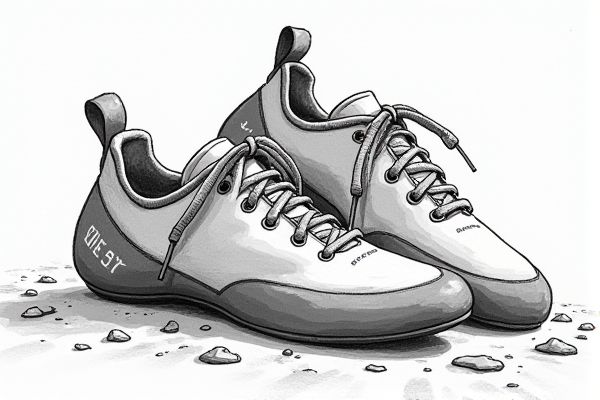
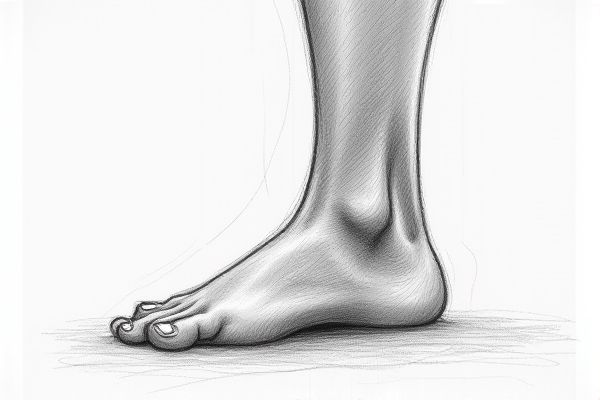
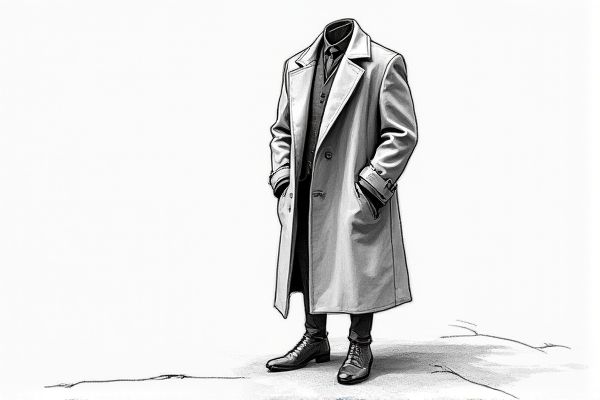
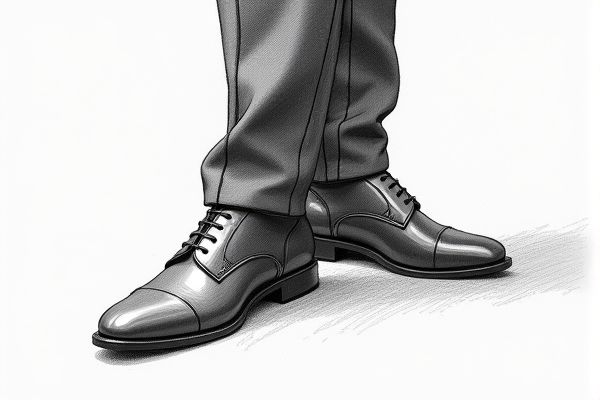
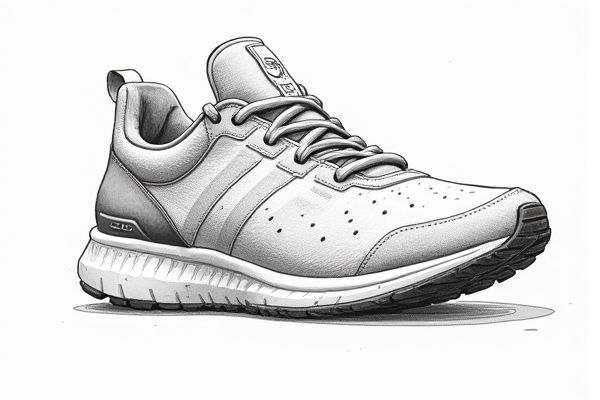
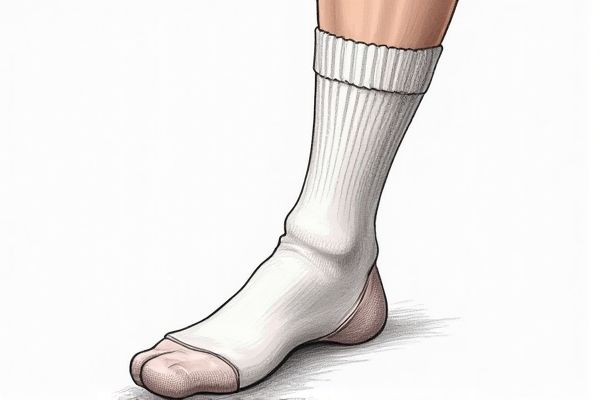
Leave a Reply
Your email address will not be published.